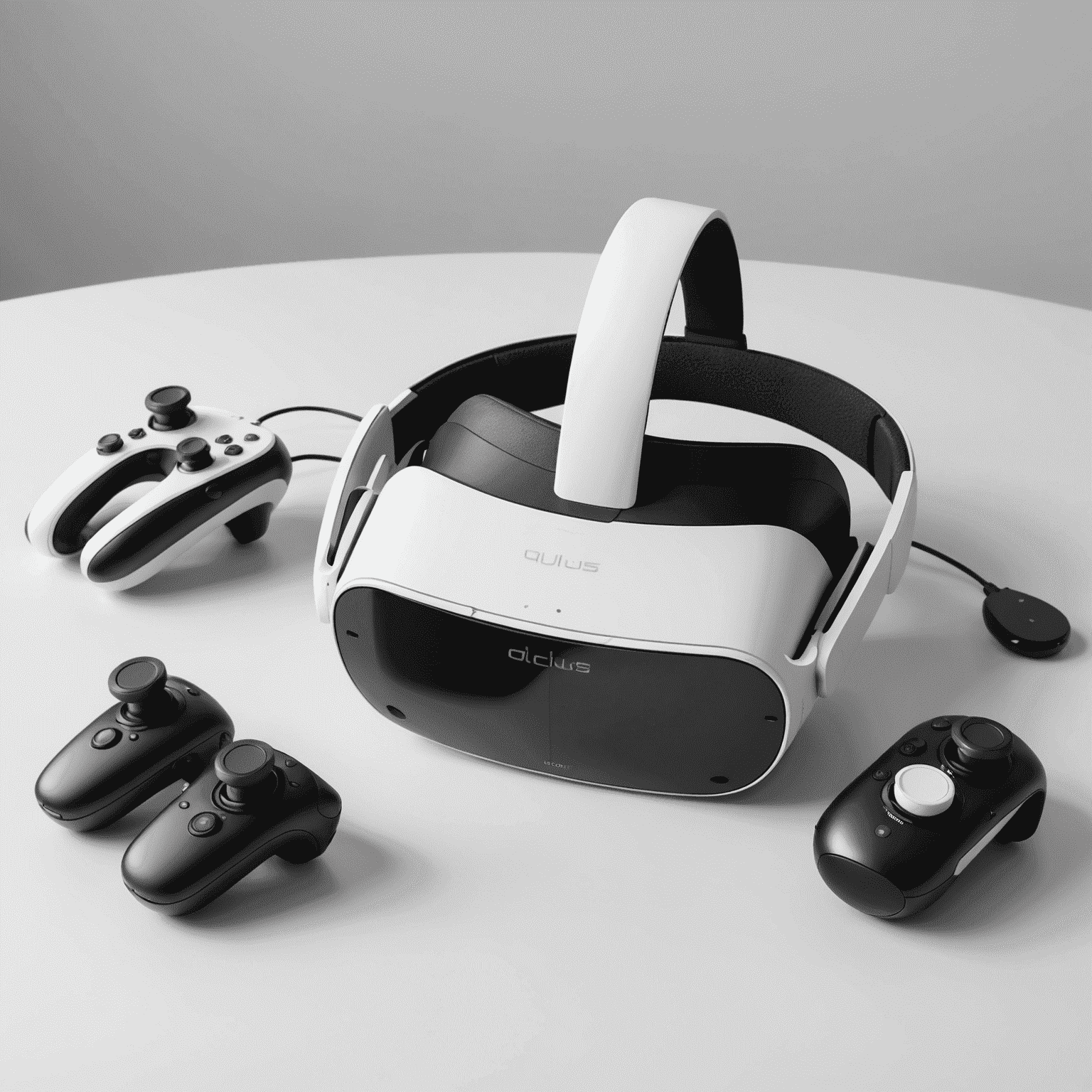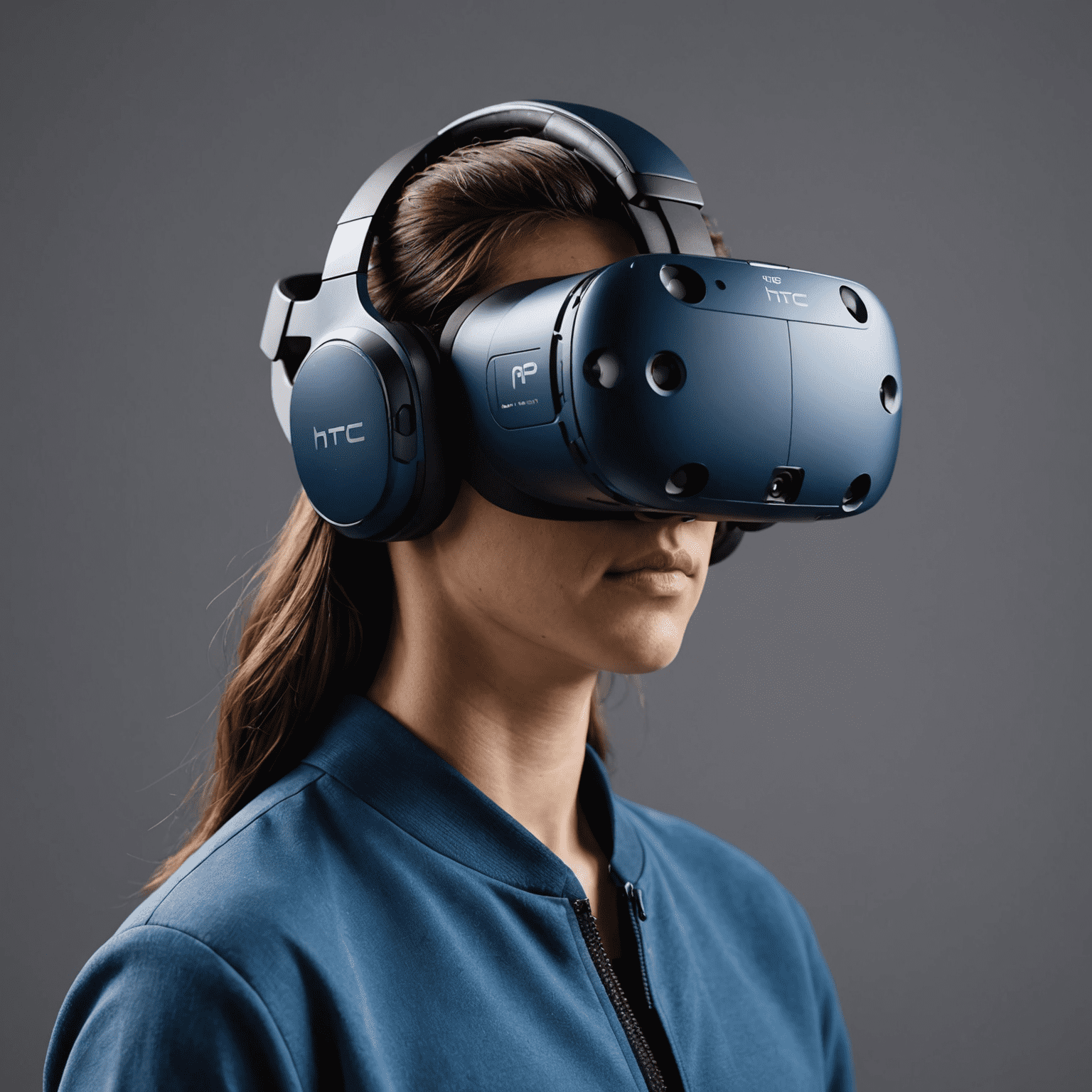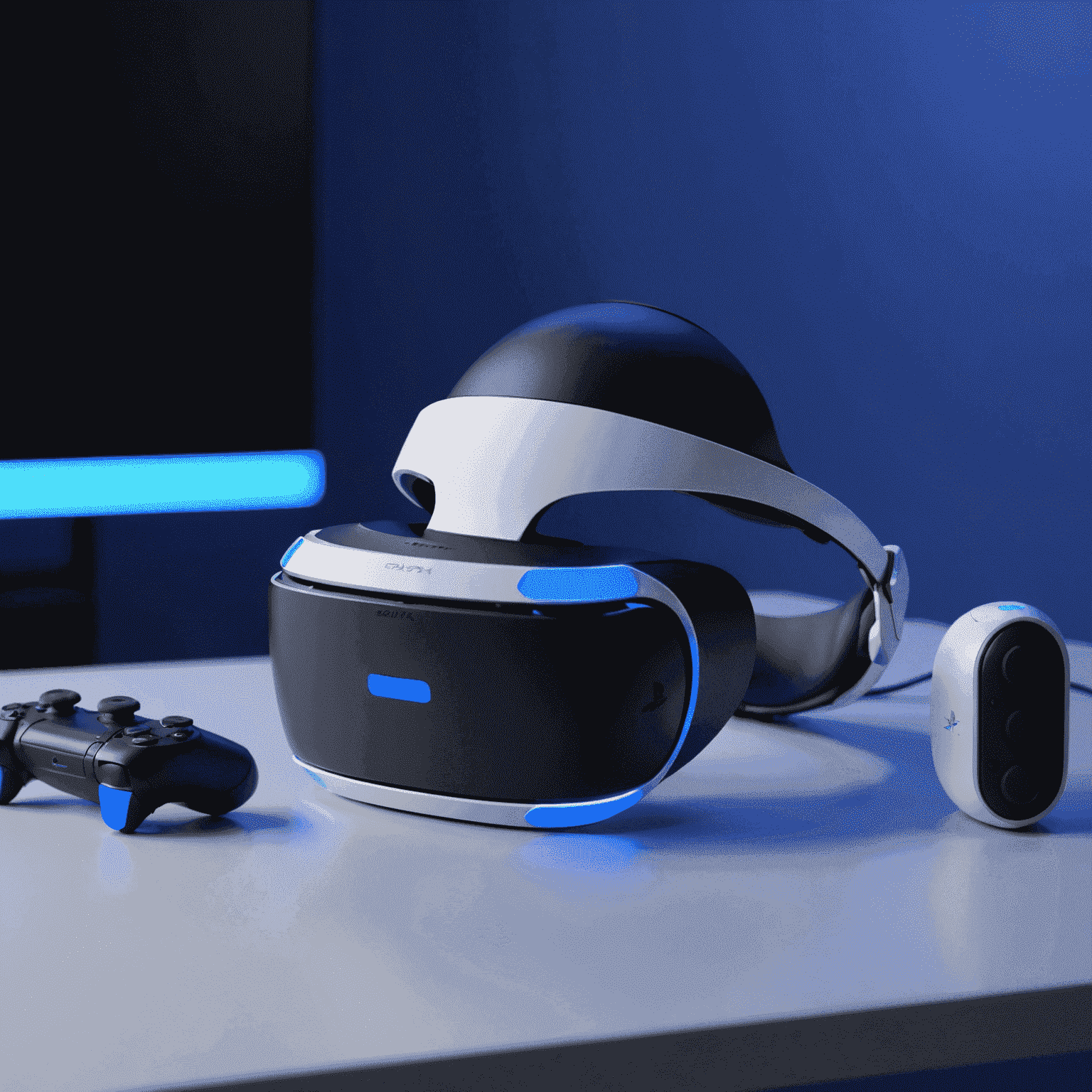VR Hardware Showdown: Oculus vs. HTC Vive vs. PlayStation VR

As virtual reality continues to revolutionize the world of computer games, choosing the right VR headset has become crucial for gamers seeking the most immersive experience. In this comprehensive comparison, we'll dive deep into the features, performance, and value of three leading VR systems: Oculus, HTC Vive, and PlayStation VR.
Oculus: The Facebook-backed Frontrunner
Oculus, now under the Meta umbrella, has been at the forefront of VR technology since its inception. The latest Oculus Quest 2 offers:
- Standalone functionality with no need for external sensors or a PC
- High-resolution display with a smooth 90Hz refresh rate
- Intuitive Touch controllers for natural interaction
- Access to a vast library of VR games and experiences

HTC Vive: The High-End Option
HTC Vive, particularly the Vive Pro 2, caters to enthusiasts looking for top-tier VR experiences:
- Exceptional visual fidelity with a 5K resolution display
- Wide 120-degree field of view for increased immersion
- Precise room-scale tracking with base stations
- Compatibility with a wide range of SteamVR games

PlayStation VR: The Console Gamer's Choice
Sony's PlayStation VR brings virtual reality to the popular gaming console:
- Seamless integration with PlayStation 4 and 5 consoles
- Comfortable design for extended gaming sessions
- Access to exclusive PlayStation VR titles
- More affordable entry point for console owners

Performance Comparison
When it comes to performance in computer games, each system has its strengths:
- Oculus Quest 2 offers the best balance of performance and convenience
- HTC Vive Pro 2 provides the highest visual quality but requires a powerful PC
- PlayStation VR delivers solid performance within the PlayStation ecosystem
Price Considerations
Budget is often a deciding factor:
- Oculus Quest 2 is the most affordable standalone option
- HTC Vive Pro 2 comes at a premium price point
- PlayStation VR offers good value for existing PlayStation owners
Conclusion
Choosing the right VR headset depends on your specific needs and preferences:
- For versatility and value, the Oculus Quest 2 is hard to beat
- If you demand the highest quality and have a powerful PC, the HTC Vive Pro 2 is unmatched
- Console gamers will find the PlayStation VR a natural fit for their setup
Whichever system you choose, you're in for an incredible journey into the world of virtual reality gaming. As technology continues to advance, the lines between reality and virtual worlds will only become more blurred, offering even more immersive experiences for computer game enthusiasts.